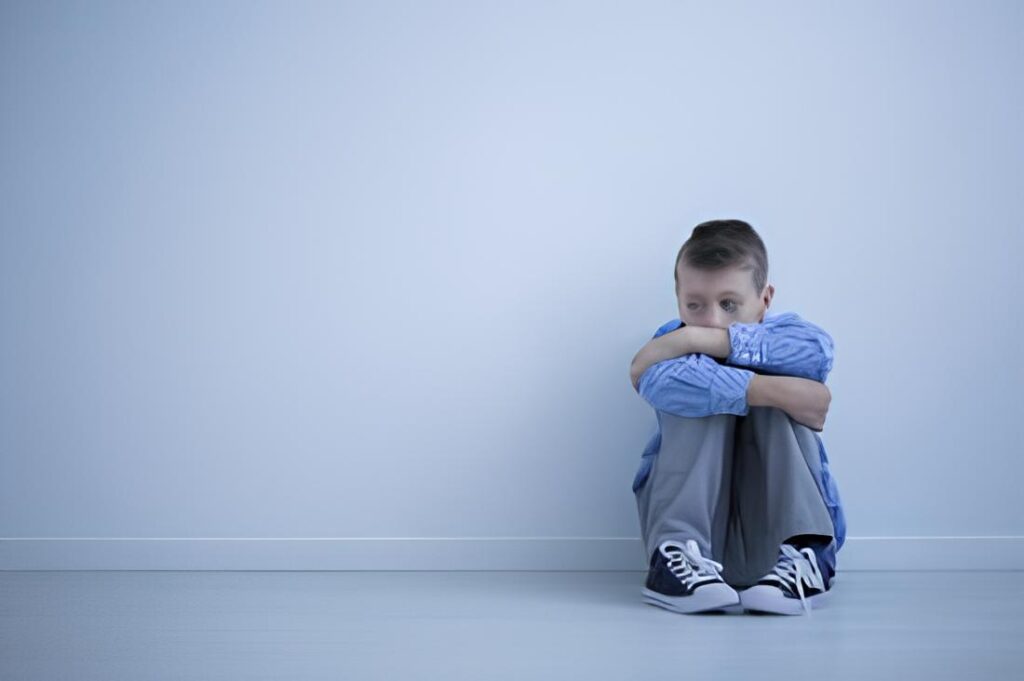Definition of Psychosis
According to the World Health Organization (WHO), psychosis is a mental health condition marked by significant disruptions in perception, thought, emotion, behavior, language, and sense of self. Individuals with psychosis often struggle to distinguish between what is real and what is not. Key symptoms include hallucinations (such as hearing voices), delusions (fixed false beliefs), and disorganized thinking, all of which can impair daily life and social functioning.
Types of Psychosis
WHO recognizes several forms of psychosis, including:
1. Schizophrenia – Characterized by persistent hallucinations, delusions, and cognitive disorganization.
2. Schizotypal Disorder – Features eccentric thoughts and behaviors, often without full psychotic symptoms.
3. Persistent Delusional Disorder – Involves chronic, non-bizarre delusions for at least three months.
4. Acute and Transient Psychotic Disorders – Sudden onset of symptoms triggered by stress, lasting less than three months.
5. Schizoaffective Disorder – Combines symptoms of schizophrenia and mood disorders like depression or bipolar disorder.
6. Induced Delusional Disorder – Shared delusions between individuals, typically in close relationships.
7. Substance-Induced Psychosis – Caused by intoxication or withdrawal from drugs like cannabis, LSD, or alcohol.
8. Medical Condition-Related Psychosis – Arising from brain injuries, tumors, infections, or hormonal changes.
Causes and Risk Factors of Psychosis
Psychosis can result from various biological, psychological, and environmental factors:
Mental Illness : Common in schizophrenia, bipolar disorder, and severe depression.
Genetics : Family history increases vulnerability.
Substance Use : Drugs like LSD, alcohol, or cannabis can trigger symptoms, especially in at-risk individuals.
Trauma and Stress : Childhood abuse, major losses, or extreme stress can contribute.
Medical Conditions : Neurological disorders like epilepsy, brain tumors, and infections may induce psychotic symptoms.
Sleep Deprivation : Severe lack of sleep can cause hallucinations and delusions.
Symptoms

Psychosis symptoms typically include:
Hallucinations – Perceiving things that aren’t real.
Delusions – Strong, irrational beliefs.
Disorganized Thinking – Incoherent speech or logic.
Abnormal Behavior – Agitation, catatonia, or erratic movements.
Negative Symptoms – Social withdrawal, lack of motivation, reduced speech.
Cognitive Deficits – Poor concentration and decision-making.
Lack of Insight – Inability to recognize one’s symptoms as abnormal.
Prevention Strategies
While psychosis may not be fully preventable, the risk can be reduced through:
Early identification and intervention.
Stress management techniques like mindfulness and sleep hygiene.
Avoiding drugs and alcohol.
Building a strong support network and healthy lifestyle.
Regular mental health check-ups for at-risk individuals.
Diagnosis
Diagnosis involves a clinical assessment of symptoms, evaluating their duration (often over a month), and ruling out other causes such as drug use or medical issues. Psychiatric history, mental state examination, and family interviews are essential components.
Treatment Options

Treatment typically includes:
Medications : Antipsychotics like risperidone or olanzapine help reduce hallucinations and delusions.
Therapies : CBT, family therapy, and supportive therapy improve coping and communication.
Rehabilitation : Social skills training and vocational support foster independence.
Hospitalization : Needed in acute episodes for stabilization.
Early Intervention Programs : Improve outcomes by treating psychosis at its onset.
Conclusion
Psychosis is a complex but manageable condition. With early treatment, consistent care, and strong support, many people with psychosis can regain stability and lead fulfilling lives.
1: What are the main symptoms of psychosis?
A: Key symptoms include hallucinations, delusions, disorganized thinking, abnormal behavior, and cognitive deficits like poor concentration.
2: What are some common causes of psychosis?
A: Causes include mental illnesses (e.g., schizophrenia), genetics, substance use, trauma, medical conditions, and severe sleep deprivation.
3: How is psychosis typically treated?
A: Treatment involves antipsychotic medications, psychological therapies like CBT, rehabilitation programs, and early intervention strategies.

